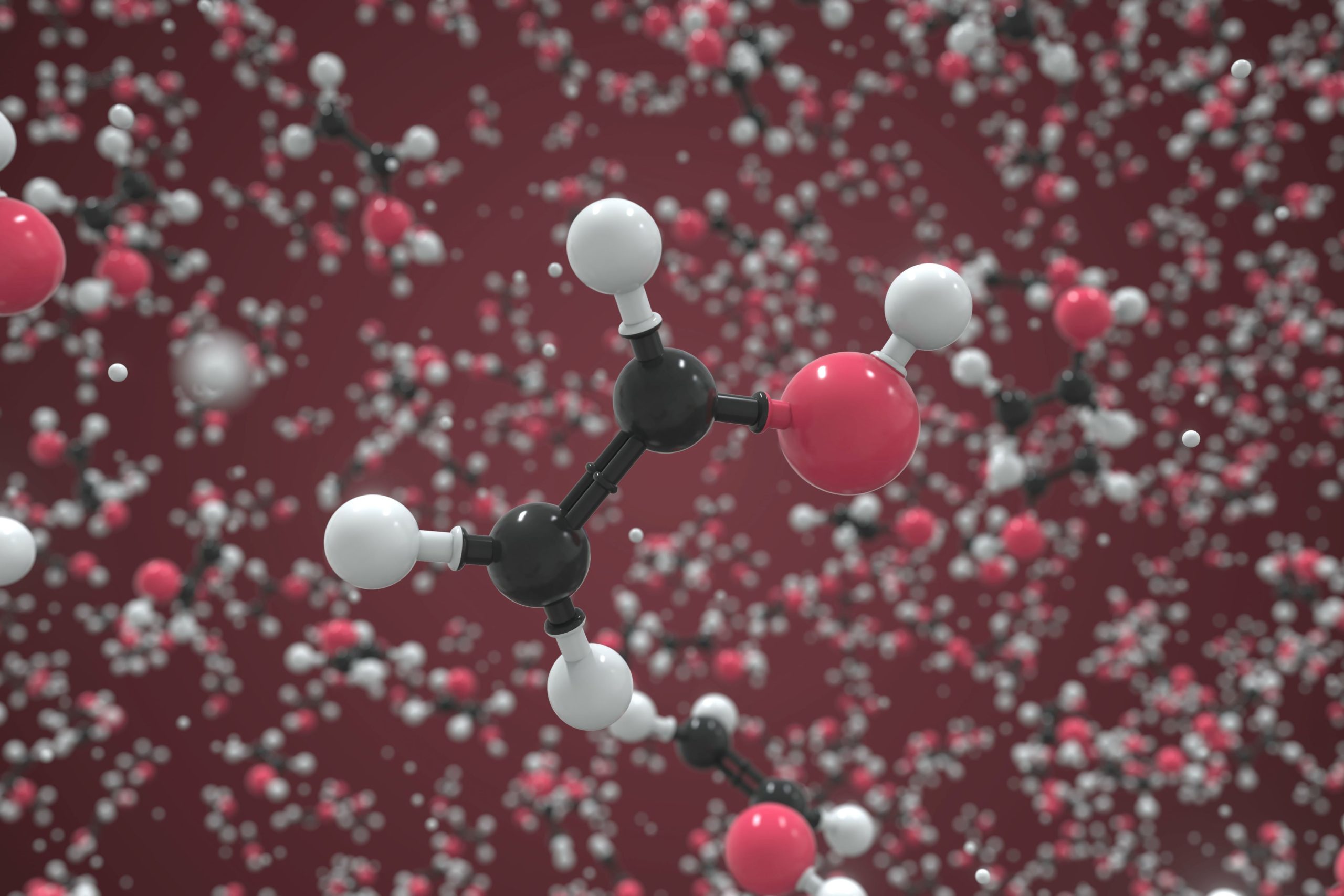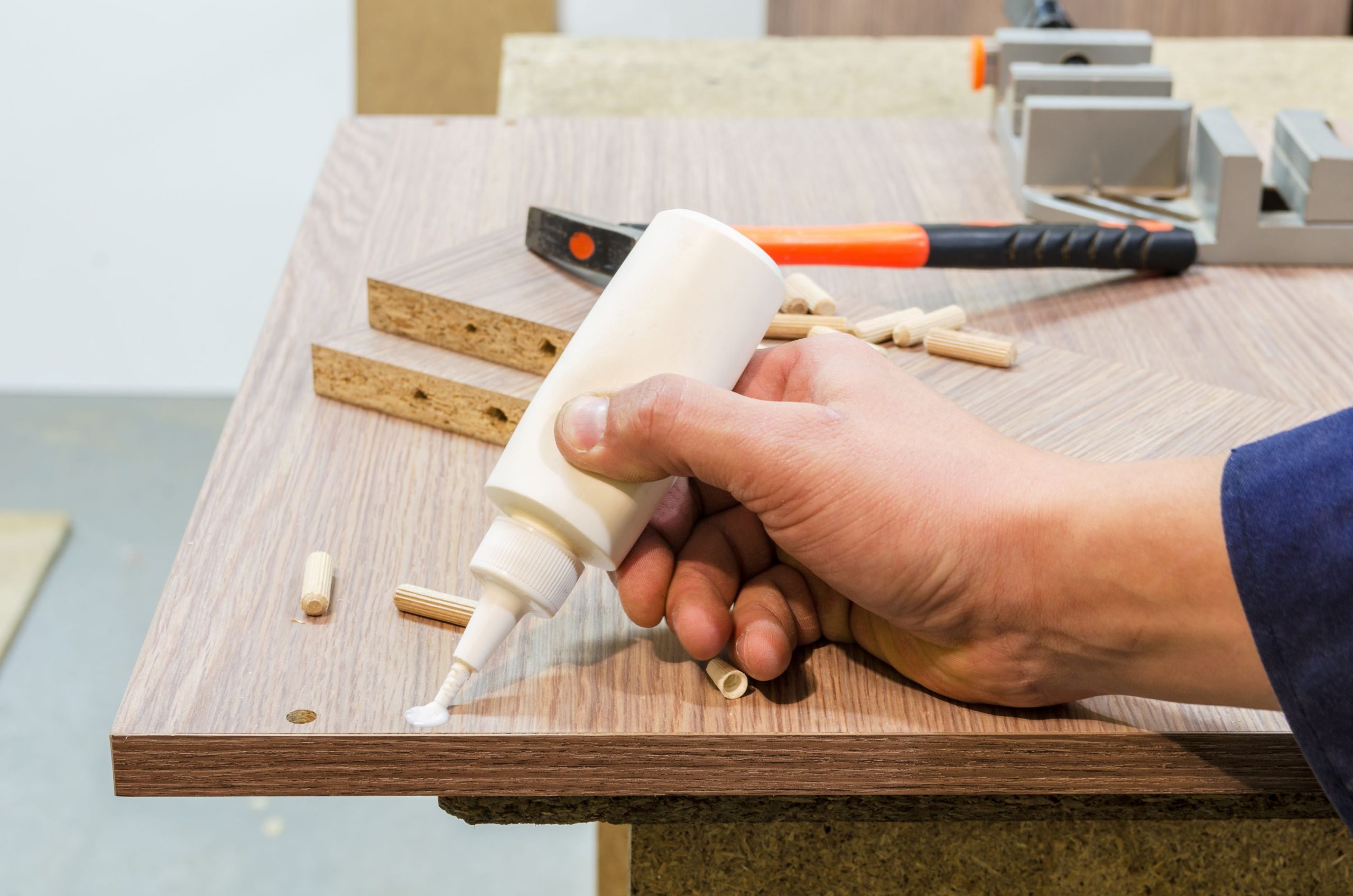Polyvinyl alcohol (PVA) is a synthetic polymer that can be molded and shaped to fit various construction needs. It’s a water-soluble material known for its clear, flexible film formation and strong adhesion to surfaces, as well as its resistance to heat, oil, and chemicals.
In the construction industry, PVA is widely used to improve the workability and strength of mortar and concrete mixtures and prevent cracking in load-bearing structures. PVA suppliers have played a significant role in its widespread use, offering various products designed for specific construction needs, making it easier for builders and contractors to find the right PVA for their projects.
Keep reading to dig deeper into the various uses and applications of PVA in construction.
1. Adhesive

PVA is a bonding agent for wood, concrete, and ceramics. When mixed with water, it turns into a gel-like substance and serves as an adhesive by being applied to surfaces that need bonding. Once dry, it creates a strong and lasting bond.
Compared to traditional adhesives, PVA is more affordable, making it a practical option for projects with limited budgets. Moreover, it’s stronger and more reliable than traditional adhesives, making it ideal for use in structures where strength and reliability are critical.
PVA is also more convenient than traditional adhesives, as it’s simple to apply and dries rapidly. Plus, being water-soluble, it can easily be cleaned up with water if it gets somewhere it shouldn’t. On the other hand, adhesives like animal glue can be messy and hard to clean, making PVA a more desirable choice in construction.
2. Waterproofing
PVA is utilized as a waterproofing agent because of its capability to act as a barrier against water. When applied to surfaces such as concrete, wood, or metal, it creates a waterproof layer that safeguards the material underneath from water-related damage. That makes it a suitable choice for bathroom and kitchen renovations where waterproofing is necessary to avoid water leaks and damage.
PVA can be applied to surfaces as a liquid, and once dry, it forms a solid and durable film resistant to water. The film can adapt to the shifts of the underlying material, ensuring a lasting watertight seal. Moreover, being non-toxic and safe for damp areas, PVA is a popular choice for renovating bathrooms and kitchens.
Another benefit of using PVA as a waterproofing solution is its ability to be painted over after it has dried, making it ideal for areas that need a polished appearance. The waterproof layer can match the surrounding surface, resulting in a smooth and visually appealing outcome.
3. Mortar Additive
PVA is used as an additive in the mortar and concrete mixtures, providing several benefits to the resulting mixture. When added to these mixtures, PVA improves their workability, making them easier to spread and apply. It’s helpful in construction projects where the mixture must be used on vertical surfaces or in hard-to-reach areas.
In addition, using PVA in the mortar and concrete mixtures improves strength. The bonding properties of PVA enhance the strength of the mixture, making it more durable and better suited for use in load-bearing structures. It can be essential in construction projects where the structure must withstand heavy loads or environmental stress.
-
Concrete Curing
PVA is a curing agent for concrete in construction, preventing cracking and rapid drying. Curing concrete is a crucial step in building and constructing structures, as it ensures the strength and durability of the concrete. PVA acts as a plasticizer, giving concrete increased flexibility and preventing cracking as it dries.
Using PVA as a curing agent also regulates the drying rate, ensuring the concrete doesn’t dry too fast. Fast drying can cause shrinkage and cracking, reducing the strength and durability of the concrete. With PVA as a curing agent, these risks are reduced, and the concrete dries at a controlled and safe pace.
-
Grouting
PVA is also utilized as a grouting material in construction projects. Grouting involves filling gaps and cracks in masonry and stone and is a critical step in many construction projects. Its primary goal is to provide a strong and sturdy seal that prevents water and other substances from penetrating the surface.
PVA is an excellent option for grouting due to its bonding properties. It fills the cracks and gaps in masonry or stone, resulting in a seamless and uniform surface. The end material is strong and durable, protecting the surface from water damage and environmental stress.
In addition to its strength, PVA is also flexible. It can expand and contract with the movement of the underlying material, ensuring the grout stays intact and doesn’t crack or break over time. It’s vital in areas that undergo temperature changes or bear heavy loads, as the grout must withstand these stressors without breaking or cracking.
Conclusion
PVA’s flexibility, strength, endurance, and eco-friendliness make it a dependable and cost-efficient option for construction projects. Its continued use will ensure buildings are guarded and secure for years.

